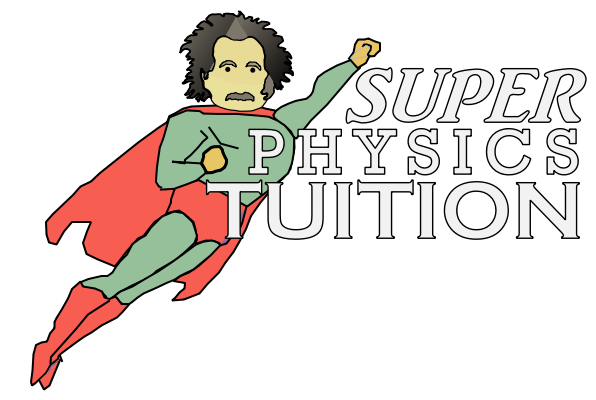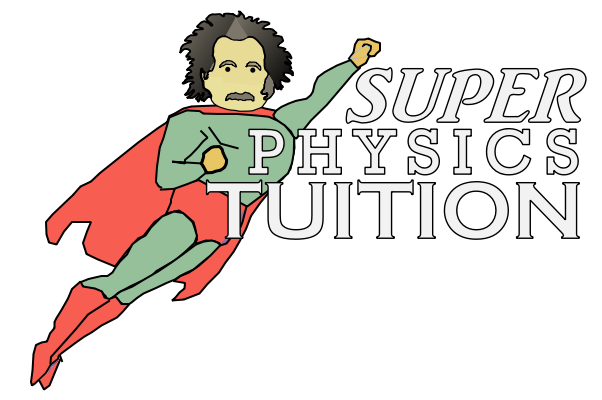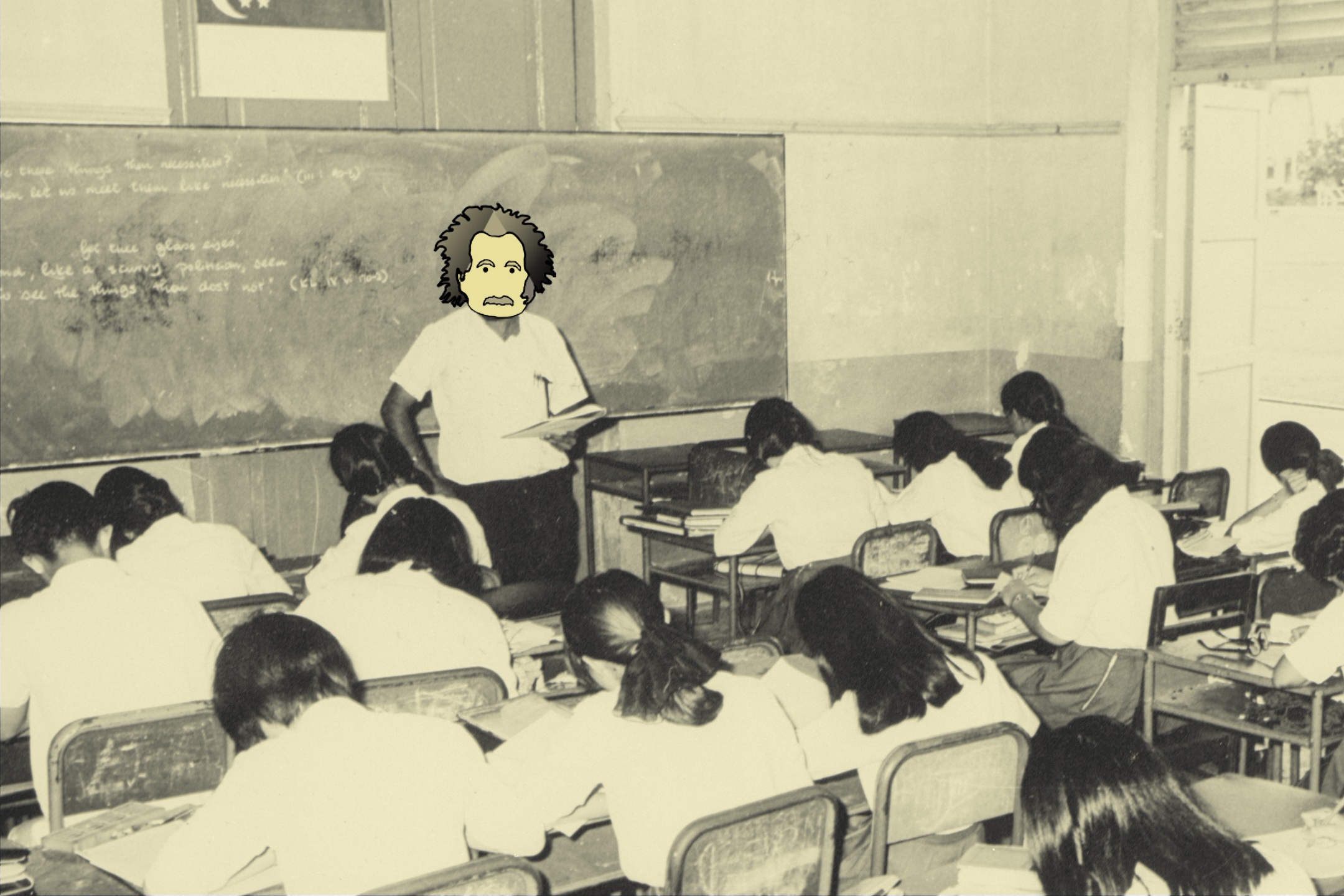Since my students have been asking me about the difference between H1 and H2 Physics, I thought that I would cover the most common dilemmas when it came to selecting between the two.
But first, let’s take a quick look at some obvious reasons for taking H2 Physics. To simplify things, you should take H2 physics if:
Your desired university course requires H2 Physics.
Suppose you have already decided to study Environmental Engineering at the National University of Singapore. Then it would make sense to take H2 Physics because it is a requirement for the course. Plenty of other engineering courses have also listed H2 Physics as a pre-requisite.
Surprisingly, some courses like Medicine also allow for H2 Physics to be used as a pre-requisite.
Therefore, it is important to plan early before deciding your subject combination.
You want to take FOUR H2 subjects.
Taking four H2 subjects can help students to qualify for certain scholarships, and also help to optimize your rank points (The points for the lowest scoring H2 will be considered as a H1 subject).
Apart from these benefits, the greatest thing about taking four H2 subjects is the flexibility to “downgrade” a H2 to a H1 subject.
In JC, the workload is sometimes too much. If you find that a particular subject is too difficult, there is the option of dropping it to a H1 subject at the end of your first year.
Hence, I highly recommend students to go for four H2 subjects whenever possible.
The drawback is that your school days will be slightly longer than your peers who do not take four H2 subjects.
If you are still undecided (or if you are contemplating whether to drop H2 Physics or not), then perhaps you can read my thought process on why we should always choose H2 Physics over H1 Physics.
Syllabus comparison
| Chapter | H2 | H1 | Difficulty |
|---|---|---|---|
| Measurement | ✔ | ✔ | Easy |
| Kinematics | ✔ | ✔ | Easy |
| Dynamics | ✔ | ✔ | Moderate |
| Forces | ✔ | ✔ | Moderate |
| Work, Energy, Power | ✔ | ✔ | Easy |
| Motion in a Circle | ✔ | ✔ | Difficult |
| Gravitational Field | ✔ | Moderate | |
| Temperature and Ideal Gases | ✔ | Easy | |
| 1st Law of Thermodynamics | ✔ | Easy | |
| Oscillations | ✔ | Easy | |
| Waves | ✔ | Easy | |
| Superposition | ✔ | Moderate | |
| Electric Field | ✔ | Easy | |
| Current of Electricity | ✔ | ✔ | Easy |
| D.C. Circuits | ✔ | ✔ | Moderate |
| Electromagnetism | ✔ | ✔ | Moderate |
| Electromagnetic Induction | ✔ | Difficult | |
| Alternating Currents | ✔ | Moderate | |
| Quantum Physics | ✔ | Difficult | |
| Nuclear Physics | ✔ | ✔ | Moderate |
H2 Physics has double the number of chapters compared to H1 Physics!
Now, before you get alarmed, I want you to remind you that most of the additional chapters in H2 Physics are easier to understand.
Generally, these extra topics build on existing concepts that we would also learn in H1 Physics.
For example, Electromagnetic Induction and Alternating Currents are a follow-up to Electromagnetism.
These extra chapters are worth taking since they are a continuation of a familiar topic. Hence it will not feel like we are learning an entirely new topic from scratch.
| H2 Paper | Type of Paper | Time | Weigh | Marks |
|---|---|---|---|---|
| 1 | Multiple Choice | 1 h | 15% | 30 |
| 2 | Structured Questions | 2 h | 30% | 80 |
| 3 | Longer Structured Questions | 2 h | 35% | 80 |
| 4 | Practical | 2.5 h | 20% | 55 |
| H1 Paper | Type of Paper | Time | Weight | Marks |
|---|---|---|---|---|
| 1 | Multiple Choice | 1 h | 33% | 30 |
| 2 | Structured Questions | 2 h | 67% | 80 |
Yes, in H1 Physics, there are no practical exams and longer structured questions.
However, don’t be too happy yet as this might not necessarily be a good thing.
Why?
The H1 MCQ has more than double the weighting
Contrary to popular belief, the H1 MCQ isn’t the simplest component of the exam.
Personally, the MCQ is the most difficult segment to score well for.
Imagine that the answer you seek is at the top of a tall wall. Tackling a structured question provides us with a sturdy ladder to scale this wall. In other words, structured questions guide us towards the final answer by instructing us to find the answer step by step, from the first part to the last part.
Whereas for MCQs, it’s like climbing the same steep wall without a ladder.
To make things worse, there are NO working marks for MCQ.
In H1 Physics, every mistake made in the MCQ is going to have a significant impact on your overall grade since it has a 33% weighting (compared to 15% in the H2 syllabus).
H2 Practical is free marks
It’s completely possible to score well for the practical exam by implementing good experimental habits.
This includes following the instructions of the question before making detailed measurements and observations. As well as recording and presenting data clearly in a table, before plotting a graph.
Sounds easy yeah?
That’s because the practical exams tend to be pretty straightforward.
It might be tedious, but it is not difficult. Thus it is not uncommon for students to score well with sufficient practice.
The longer structured questions in H2 are simpler
First let us understand what is the H2 Physics Paper 3 about.
According to the Cambridge syllabus, the longer structured questions require us to “integrate knowledge and understanding from different areas of the syllabus.”
You can think about it as a combination of different chapters in a single question.
This sounds intimidating at first but I would like to argue that the integrated papers are actually easier to do well in.
Why? Because certain topics in physics are usually paired together. Hence, we can accurately predict the types of questions that will be tested.
For most people, this is an opportunity to prepare better for the exam.
H1 Physics questions are actually more challenging.
The H2 Physics examination focuses more on quantitative questions (prove, calculate, etc.). This benefits students who are already comfortable with solving equations in Physics.
However, the questions in H1 Physics tend to be more qualitative (suggest, explain, etc.). Perhaps it might not be obvious at first but key phrases are essential to score the marks for these type of questions.
Funny enough, to do well in H1 Physics might require students to have a deeper understanding of the concepts. Students who dropped to H1 often comment that they struggle with the questions as they tend to be more conceptual.
So if you still lack the confidence to answer qualitative questions, taking H1 Physics instead of H2 Physics, will NOT solve your problem.
Know what you’re getting into
My advice is this: if the calculations involved in H2 Physics too difficult, then it might be worth it to take H1 physics instead. Then again, you won’t know until you try it.
That said, taking H1 Physics at the beginning of JC 1 is still a viable path to achieve your goal.
Just remember NOT to underestimate H1 Physics!
I have seen some students neglect H1 Physics, because they thought that they did not need to work hard for a H1 subject.
While taking H2 Physics has its challenges, it is still important to know that H1 Physics is not as easy as we think it is.
That is why I advocate students to take four H2 subjects if it is possible, and then make a decision at the end of JC 1:
If you do well for H2 physics, good! Maybe it is worth thinking about taking H3 Physics.
Maybe at the end of your first year, you find that H2 Chemistry is ALOT more difficult than you expected. At least there will be the option to take H1 Chemistry to reduce your workload.
If you decide to drop to H1 physics, you would have learnt at least six of the ten H1 topics. That leaves just four chapters to be completed in the whole of JC 2.
So the choice should be clear now.
After all, the downside to taking H2 Physics is minimal while the upside is huge.



1 thought on “Can’t decide between H1 or H2 Physics?”
Comments are closed.